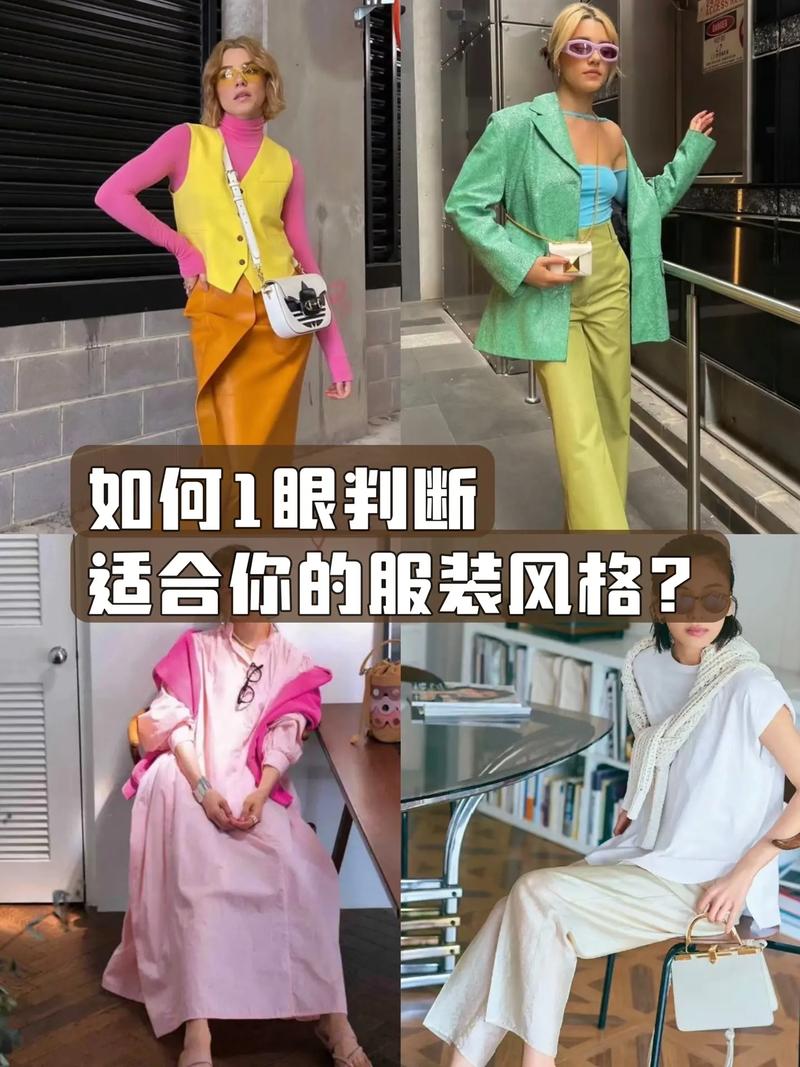您所在的位置:首页 - 经验 - 正文经验
服装服务语言模板
![]() admin
2024-05-04
【经验】
1022人已围观
admin
2024-05-04
【经验】
1022人已围观
摘要TheRoleofClothinginCommunicationbody{font-family:Arial,sans-serif;line-height:1.6;margin:20px;paddin
The Role of Clothing in Communication
Clothing is more than just fabric sewn together; it serves as a means of communication, expressing various aspects of our identity, culture, and social status. From the colors we choose to the styles we adopt, clothing sends powerful messages to those around us.
One of the primary functions of clothing is to express individual identity. Whether consciously or subconsciously, people select clothing that reflects their personality, interests, and values. For example, a person who favors vibrant colors and eclectic patterns may be perceived as outgoing and creative, while someone who prefers minimalist designs might be seen as practical and organized.
Additionally, clothing can convey group identity, such as belonging to a particular subculture, profession, or community. Uniforms, for instance, not only establish a sense of unity among members but also communicate their roles and affiliations to others.
Clothing plays a vital role in preserving and transmitting cultural heritage. Traditional garments often carry deeprooted symbolism, reflecting historical events, religious beliefs, and social customs. By wearing attire associated with their culture, individuals celebrate their heritage and express pride in their roots.
Furthermore, cultural exchange through clothing fosters understanding and appreciation among diverse communities. Fashion trends influenced by different cultures contribute to a rich tapestry of styles, allowing people to embrace elements from various traditions and incorporate them into their wardrobe.
Within societies, clothing can signify social status and power dynamics. Highend designer labels and luxury accessories are often associated with wealth and privilege, serving as status symbols for affluent individuals. Conversely, certain dress codes or uniforms may denote authority and hierarchy in professional settings.
Moreover, clothing can influence perceptions of competence and trustworthiness. Studies have shown that attire can impact first impressions, with welldressed individuals often being perceived as more credible and competent than their casually dressed counterparts.
Nonverbal cues conveyed through clothing contribute to interpersonal communication. Subtle details such as posture, grooming, and attire choices can convey messages about mood, confidence, and social intentions. For instance, wearing formal attire to a job interview signals professionalism and respect for the occasion.
Similarly, fashion statements can spark conversations and facilitate connections between individuals with shared interests or values. Clothing serves as a visual language that transcends linguistic barriers, allowing people to establish rapport and forge relationships based on mutual aesthetics.
When considering the role of clothing in communication, it's essential to recognize its potential impact and exercise intentionality in our choices. Here are some guidelines for leveraging clothing as a form of effective communication:

In conclusion, clothing serves as a powerful form of communication, conveying messages about identity, culture, social status, and interpersonal dynamics. By understanding the language of clothing and adhering to guiding principles, individuals can harness its communicative potential to express themselves authentically and connect with others on deeper levels.